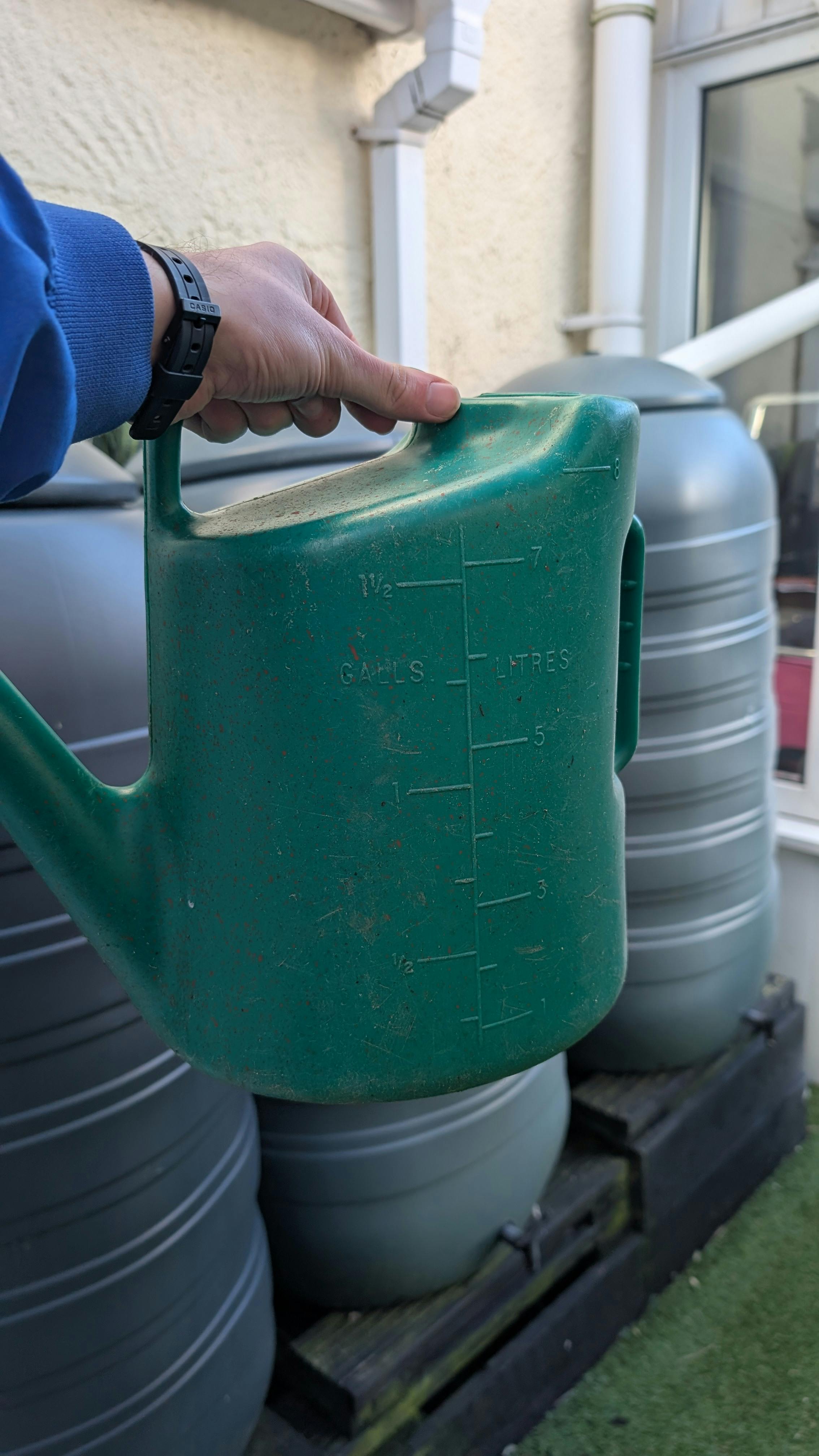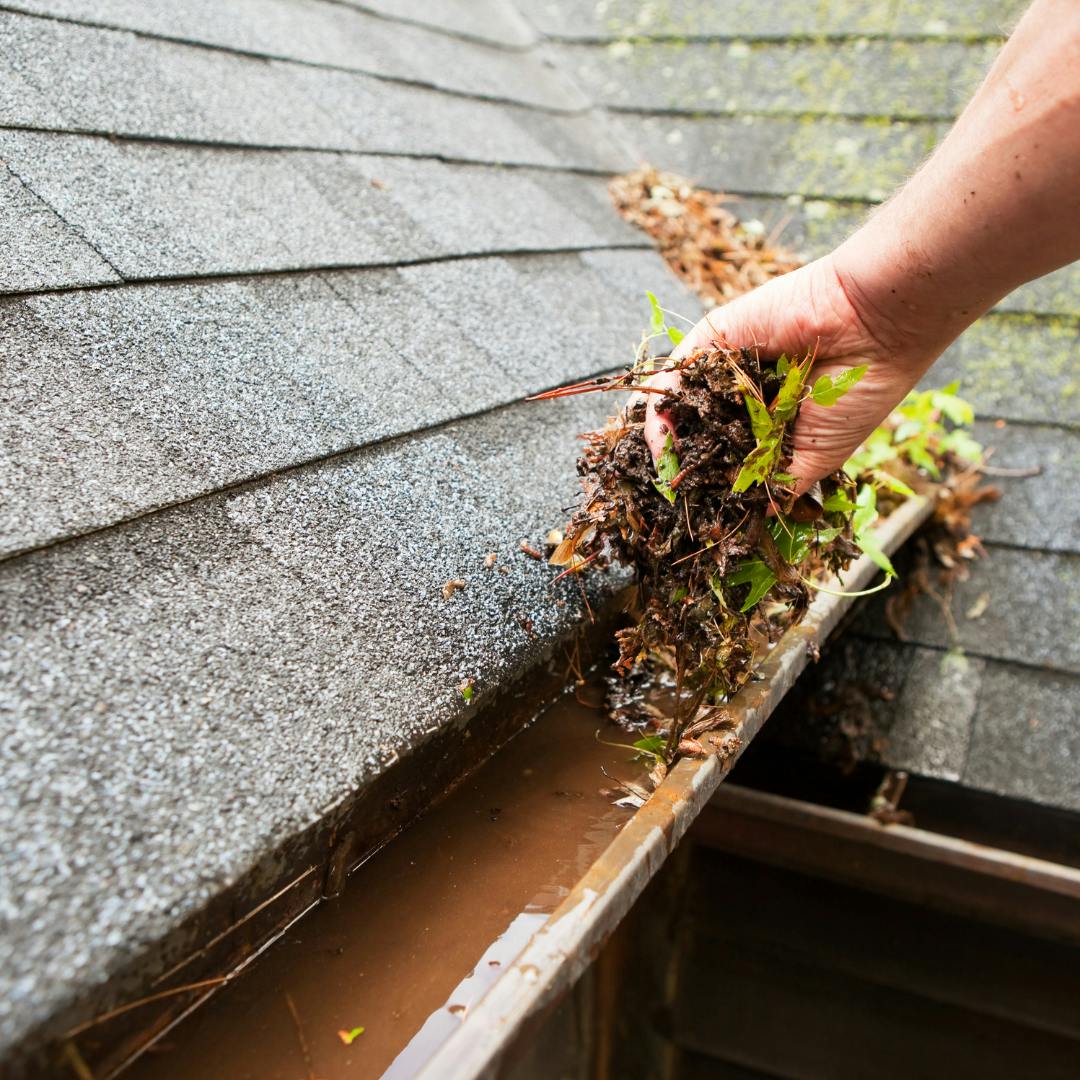Legionella advice
What is Legionnaires' disease?
Rainwater collection systems can harbour the Legionella bacteria, which in very rare circumstances may lead to Legionnaires’ disease.
Read more by going to the NHS website.
Considerations when Capturing Rainwater
Avoid breathing in water droplets: To avoid the spread of disease (source) avoid creating a mist of water droplets from your water butt. For example, you could fill a watering-can to water your plants rather than using a sprinkler, which also helps you to control how much water you use!
Use a watering can: Using a watering can instead of hose can reduce the likelihood of water droplets that may spread bacteria (source). This also helps reduce the chance of breathing in water droplets. You can help control water usage in this way as well!
Wash your hands: Always wash your hands with soap after working with captured rainwater, just like you would if you had been gardening or doing other outdoor tasks.


Not for consumption, bathing, or indoor cleaning: Captured rainwater is non-potable, meaning you should not use it for daily tasks. However, it is great for filling ponds, watering plants, or washing down outdoor areas and even your car! Always ensure children are supervised if using captured rainwater.
Clear gutters: Public Health England recommend clearing leaves and debris from gutters, reducing the likelihood of this ending up in your rainwater capture system. Debris can cause bacteria to build (Source). This also helps to prevent it clogging. Autumn can be a good time to do this type of maintenance.
Empty & clean your water butt: Empty and clean your water butt by scrubbing it and using a mild detergent. This can be done annually or more frequently. This helps to reduce the build-up of bacteria like Legionella. Find out more in our maintenance guide.
Place out of direct sunlight: This helps to prevent water warming which increases the chance of Legionella growing (Source).
Notes
If you decide to empty out and clean your rainwater capture device, we would recommend wearing protective equipment such as a face mask and gloves to minimise the risk.
You can find more advice and guidance from the links below:
Disclaimer
The information provided in this article is intended as a general guideline for maintaining rainwater harvesting systems. While we strive to offer accurate and helpful advice, maintenance should be carried out at your own discretion. We do not assume responsibility for any issues or damages that may arise from following the guidelines provided. It is essential that you assess your individual situation and take the necessary precautions to ensure safety and effectiveness.